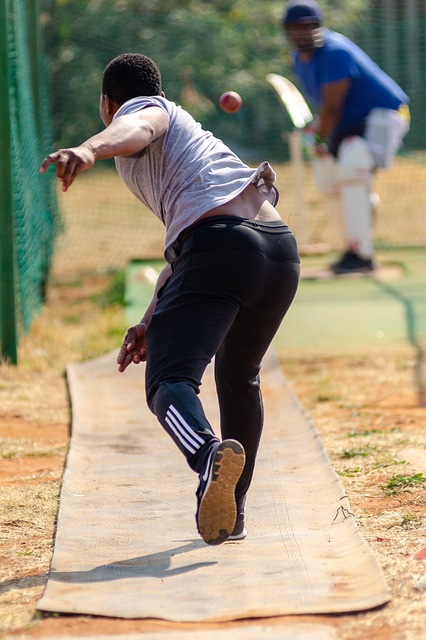Cricket and Cultural Diplomacy: Sporting Exchanges
Lotus365, Gold365: Cricket, as a sport, has the unique ability to transcend political and cultural boundaries, acting as a powerful tool for fostering connections among nations. The shared passion for the game creates common ground between people from diverse backgrounds, paving the way for mutual understanding and cooperation. Through cricket, individuals are able to communicate and connect on a deeper level, breaking down stereotypes and building bridges between countries.
Moreover, cricket serves as a platform for showcasing the values and traditions of different cultures, promoting respect and appreciation for diversity. Players and fans alike come together to celebrate the spirit of sportsmanship and fair play, embodying the principles of unity and camaraderie. By engaging in friendly competition on the cricket field, nations can forge lasting relationships that extend beyond the boundaries of the game, contributing to a more harmonious global community.
Historical Context of Sporting Exchanges in Diplomacy
Sport has long served as a common language that transcends borders and fosters connections between nations. Throughout history, sporting exchanges have played a pivotal role in diplomatic relations by providing a platform for countries to engage in friendly competition and build bridges through shared experiences. In the context of diplomacy, sports like cricket have the power to bridge cultural divides and promote mutual understanding among nations.
Historically, the practice of using sporting events as a tool for diplomacy dates back to ancient times, where competitions were seen as a way to resolve conflicts and forge alliances. The modern manifestation of this concept can be seen in the way cricket matches have been utilized as a means to strengthen diplomatic ties between nations. Through the spirit of sportsmanship and camaraderie that cricket embodies, countries have been able to engage in constructive dialogue and cultivate relationships that extend beyond the boundaries of the playing field.
Impact of Cricket on International Relations
Cricket, often hailed as a gentleman’s game, possesses a unique power to transcend geographical boundaries and foster international relations. This centuries-old sport has the ability to bridge cultural gaps and create a sense of camaraderie among nations, paving the way for diplomacy through sporting exchanges. The mere act of countries coming together to compete on the cricket field showcases a shared passion that goes beyond political differences.
Through cricket, nations have found a common ground to engage in friendly competition, setting aside diplomatic tensions in favor of sportsmanship and mutual respect. The spirit of fair play and unity that cricket embodies serves as a powerful tool to promote goodwill and understanding between countries, highlighting the profound impact that sports can have on international relations. As teams face off on the pitch, they display not only their cricketing prowess but also their ability to foster connections that go beyond the boundaries of the playing field.
How does cricket contribute to cultural diplomacy?
Cricket serves as a common ground for countries with diverse cultures to come together, fostering understanding and cooperation through the shared love of the sport.
Can you provide examples of historical instances where cricket has played a role in diplomatic exchanges?
Yes, historical examples include the “Cricket Diplomacy” between India and Pakistan in the 1980s and the “Ashes Diplomacy” between Australia and England during times of political tension.
How has cricket impacted international relations on a larger scale?
Cricket has the power to transcend political differences and promote goodwill between nations, often serving as a platform for dialogue and diplomacy on the global stage.
What are some recent developments in cricket diplomacy that have influenced international relations?
Recent examples include the resumption of cricket ties between India and Pakistan, as well as the role of cricket in fostering relations between countries in the Commonwealth.
In what ways can cricket continue to shape international relations in the future?
Cricket can continue to facilitate people-to-people connections, promote cultural exchange, and serve as a tool for diplomacy in addressing global challenges and conflicts.







